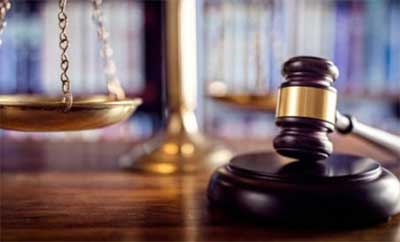Kunal Kamra and Contempt Proceeding
IN NEWS
Supreme Court has issued a notice to stand up comedian Kunal Kamra regarding his tweets disrespecting judiciary.
ABOUT
- Kunal Kamra and Rachita Tanej were issued notice by Supreme Court and they were asked to give reply of the notice in six weeks for their tweets and illustrations respectively.
- The contempt notice was issued by a bench of Justice Ashok Bhushan, R S Reddy,and M R Shah.
- The tweets that amounted to criminal contempt of court:-
“Honor has left the building (Supreme Court) long back”
“The Supreme Court of this country is the most Supreme joke of this country”
He posted the picture of Supreme Court in saffron colour and with BJP flag on it.
- Kamra refused to apologise for his tweets which were directed to insult SC.
- Kamra made these tweets after SC granted bail to Arnab Goswami.
The consent for the criminal contempt proceeding was given after several letters sent to Attorney General, Venugopal, requesting him to start criminal contempt proceeding against Kunal Kamra.
CONTEMPT OF COURT
- Under contempt of court act of 1971, there are two types of contempt of court. One is civil and the other is criminal.
- Civil contempt means willful disobedience of court.
- Criminal contempt means any publication whether in sign, spoken or written, even any act which scandalizes or interferes in administration of justice in any manner.
ATTORNEY GENERAL
The Attorney General for India is the Indian government's chief legal advisor, and is primary lawyer in the Supreme Court of India. They can be said to be the advocate from government's side. They are appointed by the President of India on advice of Union Cabinet under Article 76(1) of the Constitution and holds office during the pleasure of the President.
Subsection 1 of section 15 of the Contempt of Courts Act, 1971 gives power to Attorney General to give consent to initiate contempt of court proceeding.







